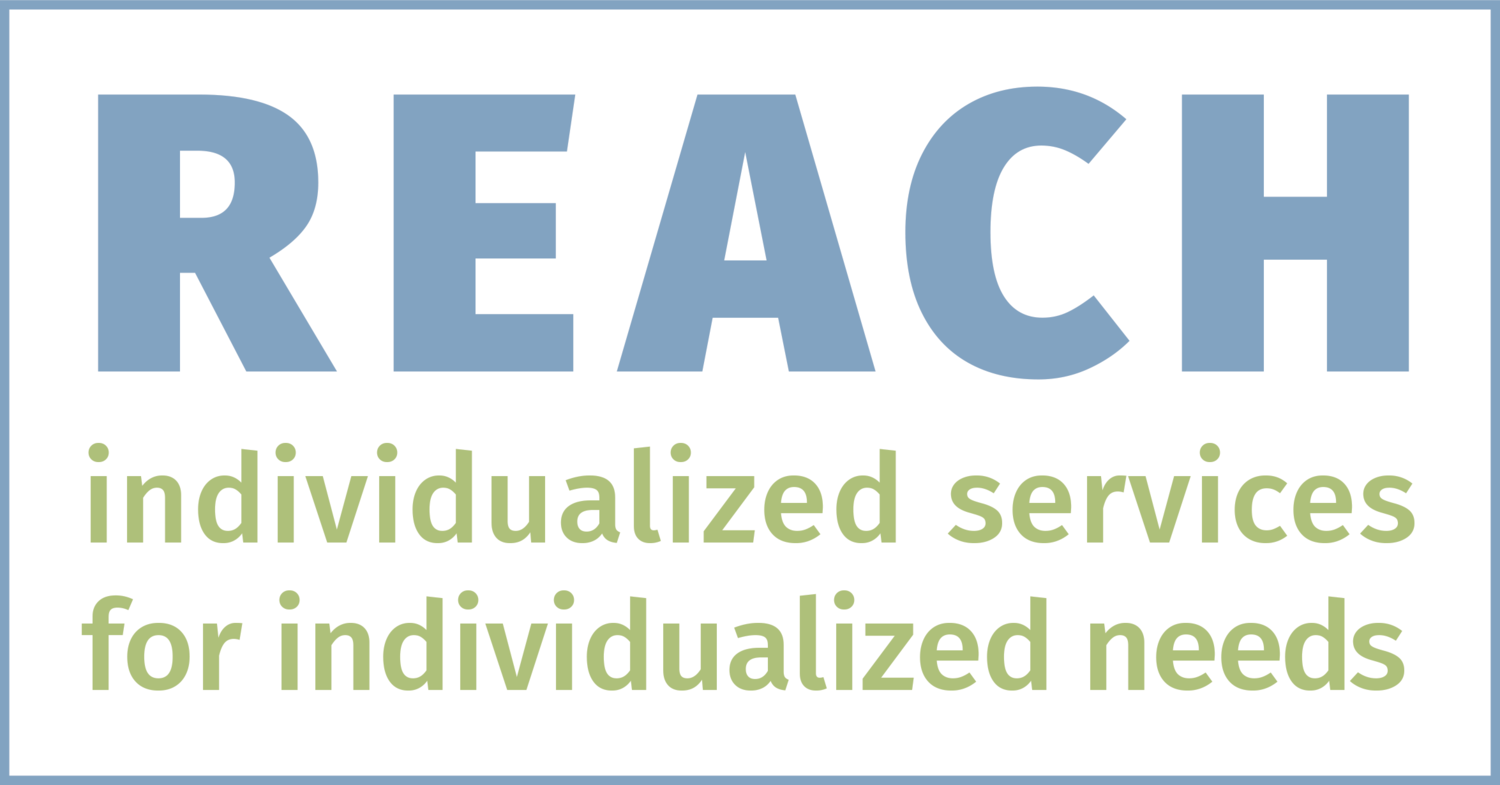May is Mental Health Awareness Month!
In our eyes, every month is mental health awareness month. A lot of talk regarding mental health suggests its care is reserved for when something isn’t working; for when we are at a breaking point. In reality, mental health operates much like physical health or nutrition - it’s the regular practices we engage in that can build, support, and strengthen it. These common practices can help us when (and I truly mean when here) stuff hits the fan and we are in a situation that really taxes our mental health.
Right now our culture is really into “treat yourself” and “ mental health” days that consist of wine consumption, spa days, TV binges, or splurging on a gift for yourself. BTW - this goes for men too, it’s just spun a little differently. While these things can be enjoyable treats for ourselves, they are not necessarily the same as caring for our mental health. They are like the occasional cake to our otherwise sugar-conscious approach to eating. Everything in moderation!
This culture is geared towards adults, but it is seen by our children and can easily become their understanding of mental health’s self care. Has your child said something along the lines of, “I just need to relax” and then spent HOURS in front of a screen? Or would they if you let them? It’s the same thing.
It would be one thing if this were truly how restorative self care worked, but it isn’t. The building blocks of mental health are far more basic - nutrition, exercise, connection with others, being in nature, etc. Sitting down and watching a show can be a form of self-care and relaxation. But doing it for hours? That’s likely not self care.
So why do I bring this all up? Mental health is impacting everyone all the time, especially right now coming off several really hard years. Do we probably need to sit on a beach with a marg in hand? Sure if that’s your thing - but it’s not all we need. We need to cultivate the building blocks of mental health - and so do our kids.
Kids experiencing neuordiversities are more likely to struggle with their mental health. Why? Because they are often trying to fit in the box of neurotypical people. It can be hard to accept your neurodiversities. Oftentimes people don’t fully understand how their brain works or sometimes they encounter people who think their neurodiversity “isn’t a thing.” This can be stressful and add to other challenges they’re already facing.
So how do we support our children’s mental health on a day-to-day basis?
1. Model your humanity. To be human is to be messy. To make mistakes. To struggle. Let your kids see that (to the extent it is appropriate). Let them see you working through things, trying stuff, getting it wrong, reflecting, apologizing, and then trying something else. You are imperfect because you are human. Showing them this allows them to be imperfect too.
2. Build the foundational blocks of mental health into your family routines. They don’t have to be big and you don’t need to do everything at once. Try one small thing. Maybe it’s building in a weekly evening walk as a family or having dedicated no screen time for the whole family - it can be anything. Something that worked for me: when Keoki and Jeremy were teens I felt like our entire relationship was a series of questions. What time is practice? Did you get your homework done? Did you turn that assignment in? When is that game? We spent a lot of time in the car between school, tutoring, projects, and sports so I decided to collect all of our cell phones - mine included - and put them in the center console during drives. The car drive became talk time. It was something small that built off of our existing routine, but it doubled our connection time.
3. Help kids learn about themselves. Whether you experience neurodiversities or not, all brains are unique. I liken them to fingerprints, sometimes very similar to one another and still uniquely yours. Try saying things like: “Wow, your brain is so cool. You think of so many creative ideas.” or “Your brain is so cool. I wouldn’t have thought of that. Tell me more!”
4. Spend time with your kids beyond school work and school related conversations. I don’t know about you, but I have fallen into this trap at times where almost every conversation feels like it’s related to school. There are lots of ways to learn. Traditional school is just one of them. They love animals? Find a farm to check out. They like tinkering with tools? Look for a creative maker’s space. We have one kiddo who loves to take apart vacuum cleaners. Anytime we find one at a garage sale, we tell his family and grab it if we can.
5. Cook together once a week or once a month. Don’t want to harp on kids about what to eat? Model healthy habits and do it with them. If they try something new - great! If they don’t - that’s okay, too. Even the exposure and option to try something new is a good foundation. Or try growing something together if you have a green thumb!
These are just some small ideas that can be easily built into your routines. You may have even smaller ideas that will work for you and your family. What’s something small that you can try to support foundational mental health practices? Or what are you already doing that’s working for you?


